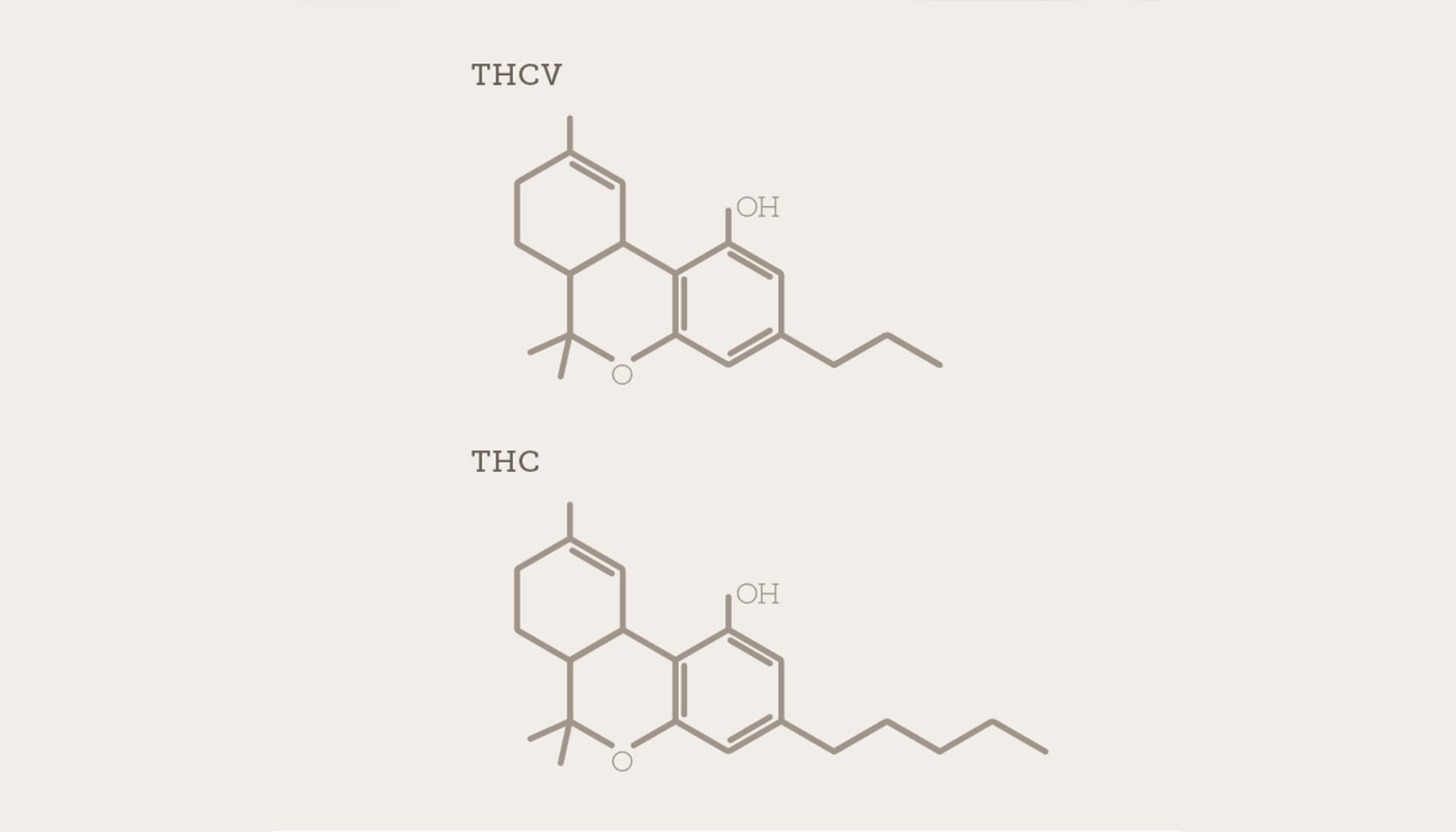Tetrahydrocannabivarin (THCV) is a cannabinoid substance found in cannabis and hemp plants. It's chemically comparable to tetrahydrocannabinol (THC) but with some crucial distinctions. Here's whatever you require to learn about THCV including the dangers, benefits, differences, and resemblances with other types of THC and more. What Is THCV? THCV is a less typical cannabinoid discovered in some strains of cannabis, specifically African sativa.
 What Is THCV (Tetrahydrocannabivarin) And What Does It Do?
What Is THCV (Tetrahydrocannabivarin) And What Does It Do?
 What Is THCV (Tetrahydrocannabivarin) And What Does It Do?
What Is THCV (Tetrahydrocannabivarin) And What Does It Do?
 THCV - Cresco Labs
THCV - Cresco Labs
THCV has a 3-carbon side chain instead of THC's 5-carbon side chain. This distinction is subtle, however it has a visible effect on the effect profile. THCV is somewhat psychoactive however only about and about. What Does THCV Feel Like? THCV has a strong energy-boosting element to it, which makes it particularly popular amongst students and professional athletes.
In the United States, THCV regulation is nuanced. THCV is not a Schedule I Drug, however marijuana extracts are making it somewhat ambiguous what the federal position is on THCV. The 2018 Farm Costs states that hemp plants and all derivatives of the plants are legal on a federal level, numerous companies abide by this law and still supply THCV to customers by just drawing out the compound from hemp plants.
If THCV is thought about a THC analog, it might be controlled in the future by the very same rules as THC under the Federal Analog Act. This act states that any substance that shares a similar molecular profile as a known prohibited compound it's included in the same drug Schedule category.
What Are the Effects of THCV? Advocates of THCV report that it produces an intense burst of energy and makes them feel blissful without the mental cloudiness triggered by THC. The results are incredibly moderate compared to THC. The results are almost specifically cognitive yet somehow have very little effect on headspace.
2. THCV & Cravings Some THCV users declare that it curbs their hunger. This is a common effect of other focus-enhancing compounds too. It's as though THCV removes the diversion of other physical processes (like appetite) in order to protect resources and attention to cognitive tasks instead. How Does THCV Work? Cannabinoids produce biological results in the human body by communicating with endocannabinoid receptors.
CB1 receptors are located in the nervous system and connect with neurotransmitters in the brain to produce mind-altering impacts. Interaction with CB1 websites is what gives some cannabinoids like THC their psychoactivity. THCV is a bit tricky to understand because it's mainly a CB1 antagonist, indicating it has the opposite impact as THC.
While researchers are still looking for to comprehend this process, it appears THCV has the ability to obstruct the results of CB1 in low doses and promote them in high dosages. CB2 receptors are discovered primarily in the body immune system. THCV is a partial agonist of CB2, however the results of this partial activity aren't popular, and it seemingly has no discernible impact on THCV users' experience.
As pointed out in the previous area, THCV is a CB1 antagonist in low dosages which is the precise opposite effect of delta 8 and delta 9 THC. This might suggest that THCV combats a few of the psychedelic results of THC. This impact might discuss why people who use THCV feel so clear-headed specifically compared to the well-known "fogginess" induced by delta 9 THC.